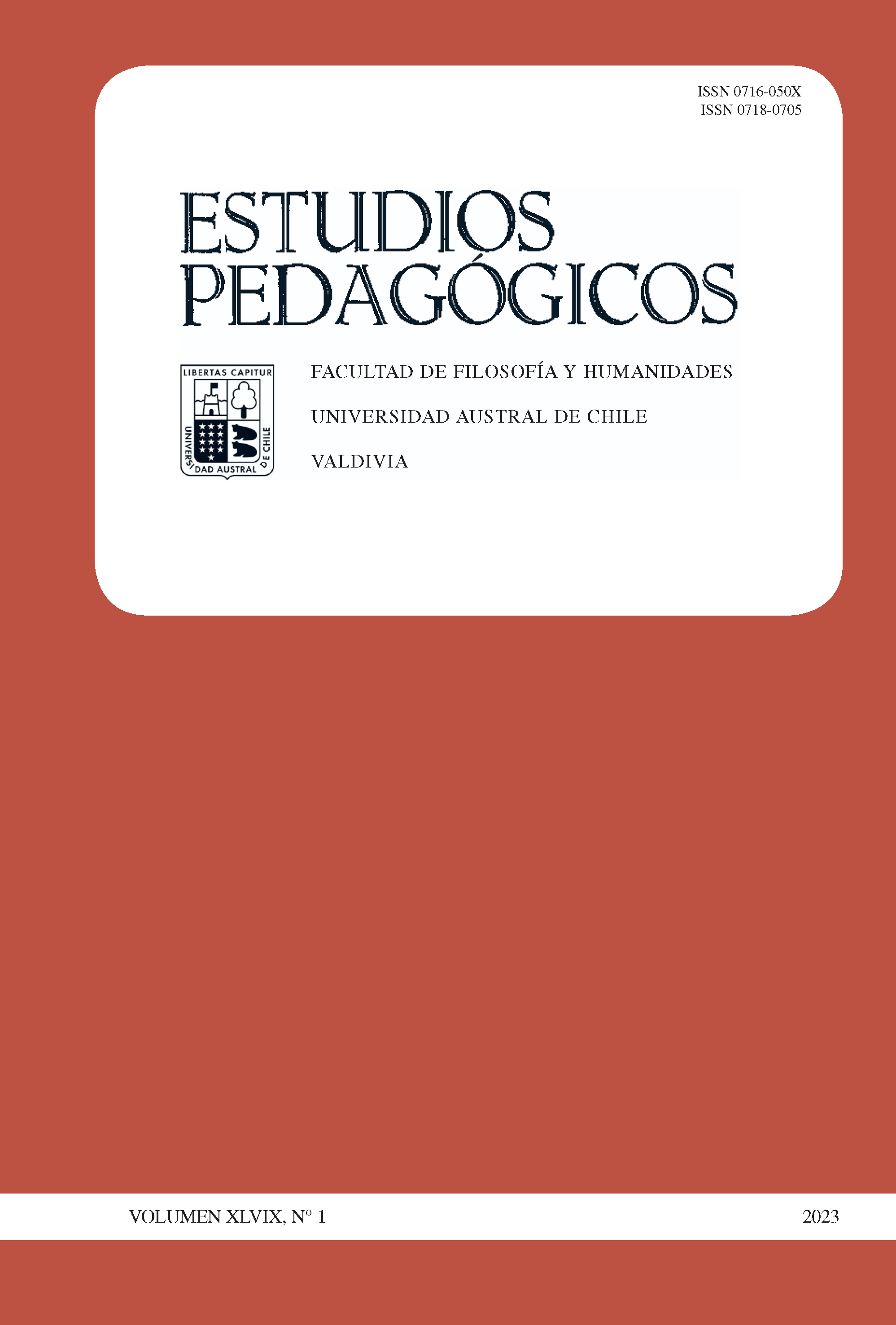Rethinking teacher evaluation: Chile-Mexico
Main Article Content
Abstract
Teacher evaluation is a key policy that refers to the objectives, strategies and instruments used to support professional development. Their organizational scope varies depending on the model adopted. There are from those in which the school has autonomy to define its design to those where teachers are evaluated by external institutions. All seek to improve education, although the real interests lie in a less explicit terrain, under coordinates of autonomy-control and construction-internalization of models. The evaluation experiences of Chile and Mexico can be analyzed under these coordinates. From a relevant interpretative framework and previous research that collects the feelings of teachers, this article analyzes from coordinates of power and subjectivity the convergent links and assumptions in the experience of both countries. we also argue about the opportunity to build a new model from a situated, collaborative and community perspective of the school.

